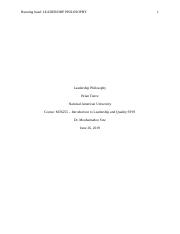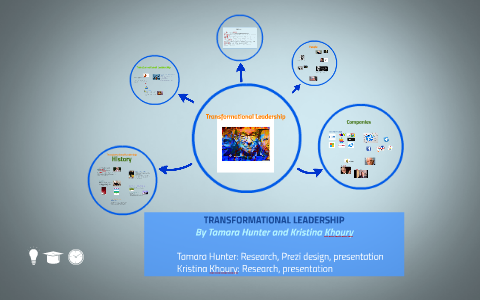Leadership theories are frameworks that describe how leaders behave and how they can be most effective in influencing and guiding their followers. There are numerous leadership theories that have been proposed over the years, each with its own unique perspective on what makes a leader effective.
One such leadership theory is the Transformational Leadership Theory, which was developed by James MacGregor Burns in the 1970s. This theory posits that effective leaders are able to inspire and motivate their followers to not only achieve their goals, but to also strive for personal and collective growth. Transformational leaders are able to create a vision for their followers and provide the support and guidance needed to help them achieve it. They are also able to create a sense of community and foster a culture of trust and collaboration within their team.
Another well-known leadership theory is the Situational Leadership Theory, developed by Paul Hersey and Ken Blanchard. This theory suggests that the most effective leaders are able to adapt their leadership style to fit the needs of their followers and the situation at hand. The theory identifies four different leadership styles - directing, coaching, supporting, and delegating - and suggests that the most effective leaders are able to use a combination of these styles depending on the needs and capabilities of their followers.
The Servant Leadership Theory, developed by Robert K. Greenleaf, also emphasizes the importance of putting the needs of others before one's own. According to this theory, effective leaders are those who serve their followers and work to empower them to reach their full potential. Servant leaders are selfless, humble, and focused on the development and growth of their team.
One of the newer leadership theories is the Authentic Leadership Theory, which emphasizes the importance of authenticity and self-awareness in leadership. According to this theory, effective leaders are those who are able to be transparent and genuine in their communication and actions, and who are able to demonstrate a strong sense of self-awareness and self-regulation. Authentic leaders are able to create a sense of trust and respect with their followers by being honest, transparent, and ethical in their interactions.
Overall, leadership theories provide a useful framework for understanding how leaders can be most effective in guiding and inspiring their followers. While each theory offers a unique perspective on leadership, they all emphasize the importance of building strong relationships, inspiring and motivating others, and creating a positive and supportive work environment.







:max_bytes(150000):strip_icc()/leadership-theories-2795323_V2-56e710e6b70d48289f09a84ffa3ab274.png)